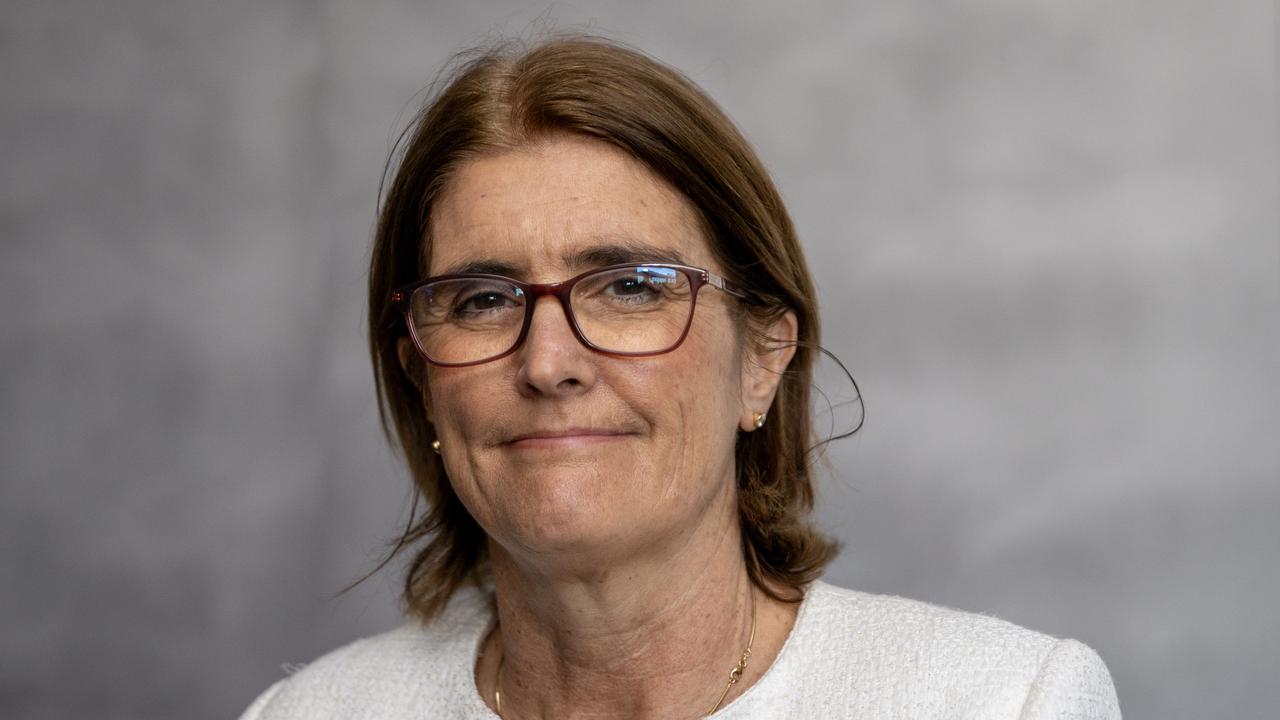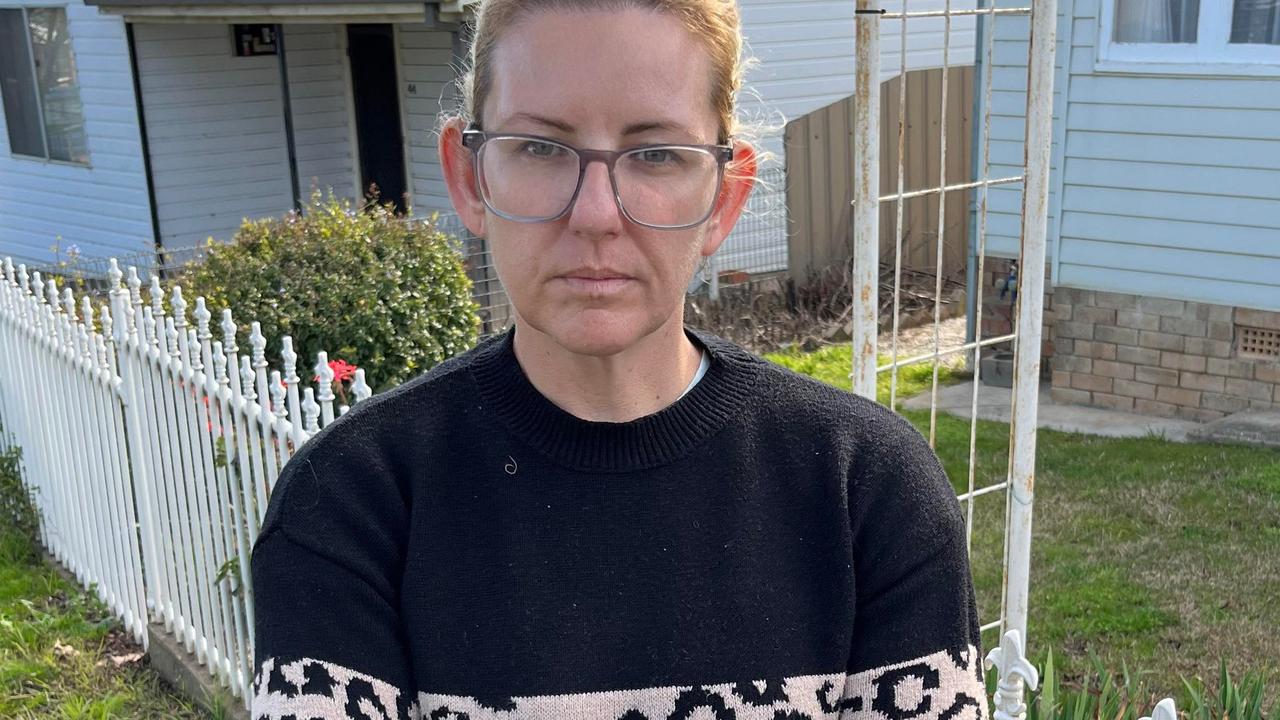Shock number of household borrowers facing mortgage stress ahead of Cup Day rates call
Nearly half of household borrowers are facing financial stress ahead of the Reserve Bank’s November rates call, new analysis has revealed.
With Australians bracing for another rate hike when the Reserve Bank board meets on Melbourne Cup Day, fresh modelling has revealed the shocking number of household borrowers facing financial stress.
Analysis by the Australian National University’s Centre for Social Research and Methods reveals 48.5 per cent of Australia’s households are diverting at least 30 per cent of their disposable income – a standard gauge of mortgage stress – to service their debts.
Before the pandemic, this measure was just 26.7 per cent of household borrowers, which climbed to 43.8 per cent at the end of 2022.
The modelling comes ahead of the RBA’s November board meeting with money markets pricing in a near 70 per cent chance that the official cash rate is increased by 25 basis points to 4.35 per cent.
The overwhelming majority of economists also expect the central bank to lift rates for the first time in five months, with all major banks now forecasting a hike.

NAB chief economist Alan Oster said concerns of inflation remaining higher for longer would likely lead the RBA board to lift the cash rate.
“Services inflation is too high, the economy looks a bit better than most of us thought and quite high wage numbers are coming,” Mr Oster said.
“That pushes the prospects of the Reserve Bank getting the inflation rate below three by late 2025 to be a bit challenging.”
Paul Bloxham, chief economist at HSBC, also tipped a rate hike to 4.35 per cent, noting that another hike in February 2024 could be in play should inflation prove stubbornly high.
“The critical question is whether it can plausibly argue that inflation will still fall back to its target band by the second half of 2025,” Mr Bloxham said.
“We think it will be difficult for them to still expect that inflation will fall back to target without delivering a further tightening.”
The odds of a rate hike increased abruptly after fresh quarterly inflation figures released in late October saw money markets reassess whether further monetary tightening would be needed to bring inflation, currently at 5.4 per cent, back to the RBA’s 2 to 3 per cent target band.
Recent economic data which showed retail spending jumping 0.9 per cent and unemployment falling to 3.6 per cent in September suggests the economy is absorbing rate hikes without driving the economy into recession.
But households are facing a painful squeeze as the central bank has ratcheted up interest rates 12 times since May last year.
Borrowers with an average mortgage size of $585,000 are already paying $1,415 more every month than they were before the RBA started its current tightening cycle, according to Compare the Market.
Another rate hike of 25 basis points before year’s end would increase average monthly repayments by another $96.
Households, small business feeling the pinch
Speaking to NCA NewsWire, Newcastle small business owner Fiona Morris said her the variable mortgage repayments had surged higher since the RBA commenced its punishing round of rate hikes in May last year.
“I think I’m at 7.28 per cent now,” she said on Monday, bracing for the prospect of a pre-Christmas rate hike.
“My payments have gone up from about $334 to $588 in the period of time I've had the loan.
“(The price of) everything goes up, but my wage hasn’t, so I think for me it has made me stop carrying out some repairs and improvements on the property.”


The cleaning company owner said while she was fortunate enough to shift her business to being “recession-proof,” she sees the cost-of-living crisis putting pressure on her employees.
“I've got staff that can’t go away, they’re asking more hours, but I don’t want to work my staff into the ground so they can afford the bare necessities,” Ms Morris said.
“The fact (the banks) are making record profits, and yet they’re capable of passing (rate rises) on, it’s time for the government to get involved.
“There’s no doubt the RBA is out of touch, but so are our politicians; they’re not listening to us when they make their decisions.”
Something, she muses, needs to change.



